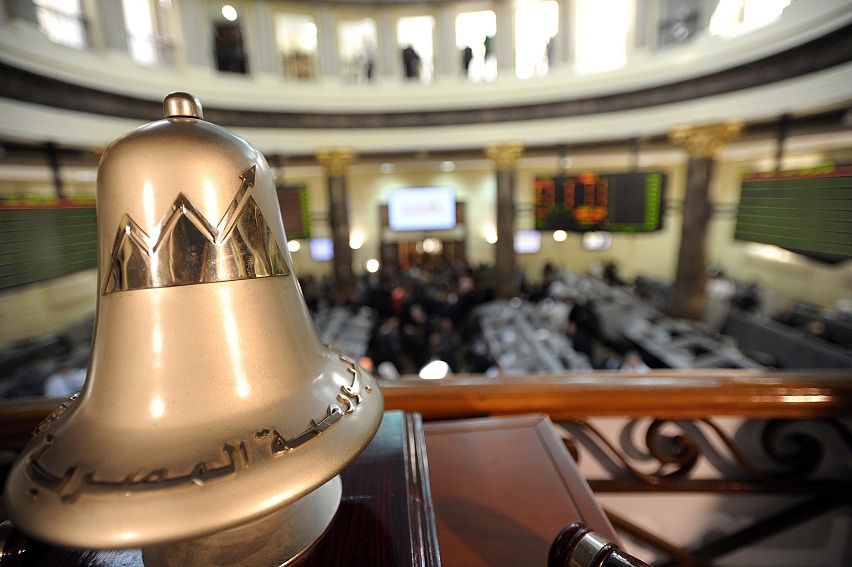It’s raining in Egypt! This statement is enough to indicate major catastrophes, significant misfortunes and lately, political conspiracies as well. Over the past 10 days, rain in coastal cities and ones in the Northern Delta has caused problems and disasters, starting from flooded streets and ending with houses collapsing and people losing their lives in rain related accidents. A couple of days ago, Cairo was added to the hit list when life in several neighbourhoods came to a halt after 30 minutes of rain. Despite how short Egyptian winter is, its consequences are the perfect materialisation of Egypt’s core issues.
First of all, anyone who claims that Egypt’s rain-associated problems are something new is simply someone who is very ignorant of Egyptian history. Throughout the past 30 years, victims of flooding have been a recurring yearly phenomenon. Whether in Alexandria, the Delta, or Sinai, disasters following rainfall are as frequent as the rain itself. In my 36 years of living in Egypt, I honestly do not recall one winter where such problems did not occur. Political administrations change, governors come and go and parliamentary representatives rise and fall; but one fact remains the same: the complete negligence and disregard of a life threatening issue.
As usual, both the media and the government were ready with a solid wave of justifications to direct the blame to anything else other than the real causes of the problem. Several channels, radio stations and newspapers started to discuss the cosmic conspiracy that uses natural phenomena like rainfall, volcanic eruptions and tidal waves to conduct warfare against target countries. Surprisingly, those media outlets manage to find analysts and experts who support this conspiracy as a part of a sixth, seventh or ninth generation of warfare. Although the cosmic conspiracy rationale sounds like something right out of the X-files, it has managed to gain considerable popularity in Egypt.
The government, on the other hand, has resorted to the most common and user-friendly justification; an elaborate plan executed by Muslim Brotherhood members to block drainage facilities in Alexandria and other affected cities. However, I am not exactly sure how can this justification hold when a flooded Alexandria is a yearly event?
What baffles me in those justifications is the extremely primitive reasoning used by the government and the media on one hand, and the ongoing persistence to deny the real reasons and admit to our mistakes on the other. I am not laying the blame on the government when it comes to rainfall, but I am laying all the blame on it when it comes to the inefficient and insufficient infrastructure, the absolute lack of long-term planning, the ongoing denial of mistakes, the failure to correctly prioritise government expenditure and the inability to provide basic measures of safety to Egyptians.
Our flooded nation is a product of ongoing bad choices. In Egypt, it is easier to construct elaborate conspiracy theories than to deal with a seasonal problem that strikes the country’s infrastructure and the lives of its citizens for two or three months every year. We prefer to spend billions on macro projects rather than dealing with our infrastructure failures. The ongoing plight of consecutive political administrations in Egypt in various fields is the search for momentary solutions to avoid the effort of designing long-term constructive strategies.
In short, the country will be flooded this winter like it was flooded in winters before, even if we catch the Brotherhood members who deliberately block the drainage facilities or we manage to stand up to the cosmic conspiracy that targets our promised prosperity. If there is actual will to save lives and protect property, then we must begin with an infrastructure reform and a transparent discourse that involves assuming responsibility. Otherwise, we should start preparing ourselves to witness more and more flooding in the coming years.
Ziad A. Akl is senior researcher and webpage managing editor of the Ahram Center for Political and Strategic Studies




